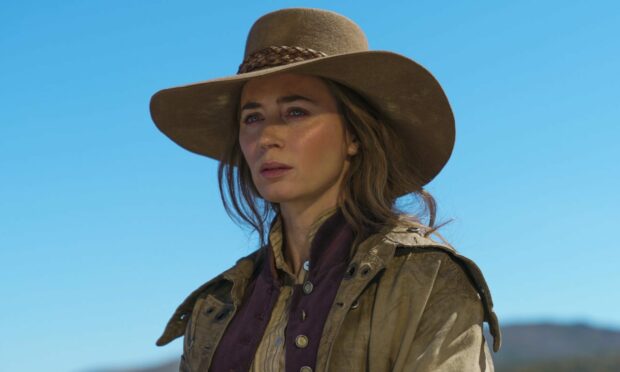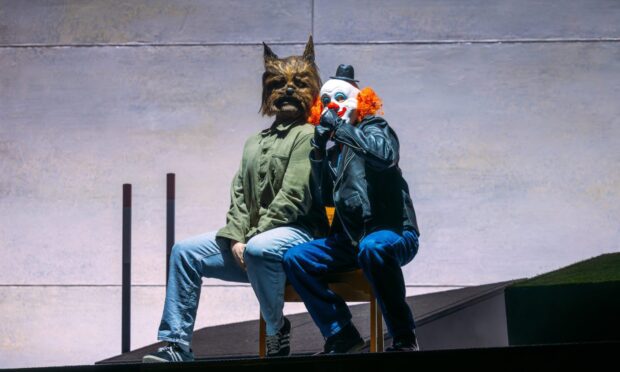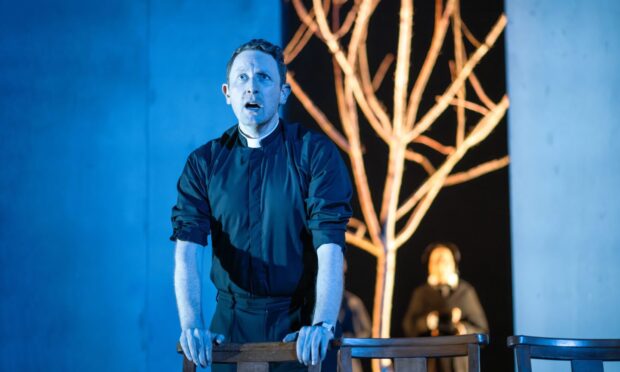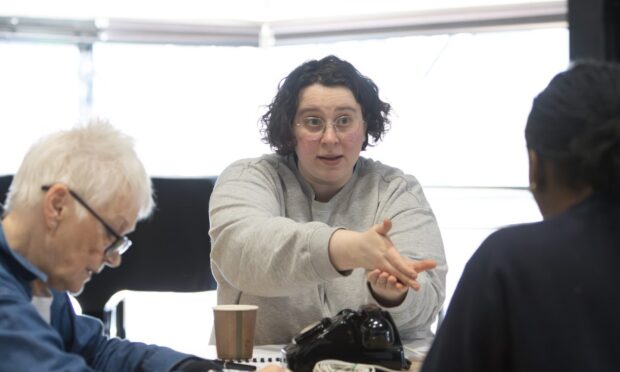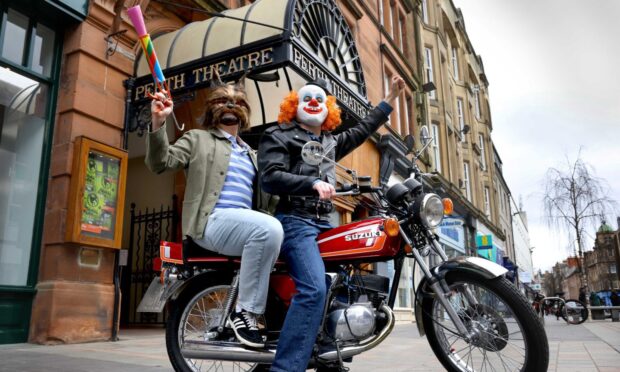This was the week The English came to an end. No, not the English national team’s exit of the World Cup at the hands of an excellent French squad (which inspired far fewer ‘Kane Unable’ headlines than it really should have).
The sixth and final episode of Hugo Blick’s drama series The English (BBC Two) aired on terrestrial TV on Thursday.
A modern masterpiece
Thankfully it stuck the landing to stand as a modern masterpiece of Western storytelling, in an era when the genre might have nothing left to say.
If you haven’t seen it, watch it before you read any further.
Although the whole series was on iPlayer since the beginning, many viewers stuck with watching it week by week.
Although how they managed seven days between episodes is a mystery. This saga of America at the end of the 19th Century still flew by when gobbled up as a continuous, five-hour film experience.
Over those hours, viewers enjoyed the developing friendship and romance between Emily Blunt’s genteel English Lady Cornelia Locke, learning to shoot, kill and trust no-one as she heads north to find the man responsible for the death of her son, and Chaske Spencer’s Pawnee scout Wounded Wolf – now American soldier Eli Whipp – looking to retire on land he feels he’s owed.
Along the way is a grotesquery of outlandish villains, including Ciaran Hinds’ brutal mercenary hotelier Richard M. Watts and a kindly Native American couple whose only viable trade in this hard land is bushwhacking.
Nichola McAuliffe’s Black-Eyed Mog was terrifying – scalped, eyelidless and filled with sadistic hate.
Sublime villain
Worst of all was Rafe Spall’s David Melmont, whose connection to both Locke and Whipp’s past was sinister and tragic in equal measure.
He was a sublime villain, a crooked Cockney wheeler-dealer given free reign to indulge his most sadistic desires in this virgin land, where a gun, a desire to make money and the will to be more savage than anyone else equals success.
Against the gorgeous expanse of the Midwestern plains and Federico Jusid’s epic, romantic old Hollywood music score, Blick crafted a story which reinforced and subverted all that’s great about the genre.
Amid all the gunfights and tough talk, the worst and most brutal excesses of colonialism and commerce were laid bare.
Yet at heart this story was strikingly human, and the tragic inevitability of Cornelia and Eli’s fate brought hankies out across the land.
The final scene reminded of the ending of David Lean’s Doctor Zhivago, to which The English deserved comparison – the story of a country’s history condensed into a single love story.
Litvinenko dramatisation
Meanwhile the first episode of Litvinenko (STV, ITVX) was essential for other reasons, as a primer to the UK’s own recent history.
Playing out as a murder investigation where nobody’s actually died – not until the episode’s end, at least – it told of the fatal poisoning with polonium of Russian dissident Alexander Litvinenko in central London in 2006.
Despite initial reservations about his Russian accent, David Tennant was excellent as the title character, telling his story to Mark Bonnar and Neil Maskell’s intrigued if nonplussed coppers.
“I do not have time to take time, this is problem,” he says, fading fast but determined. “If I not explain this, nobody will.”
This dramatised testimonial is well-deserved.
